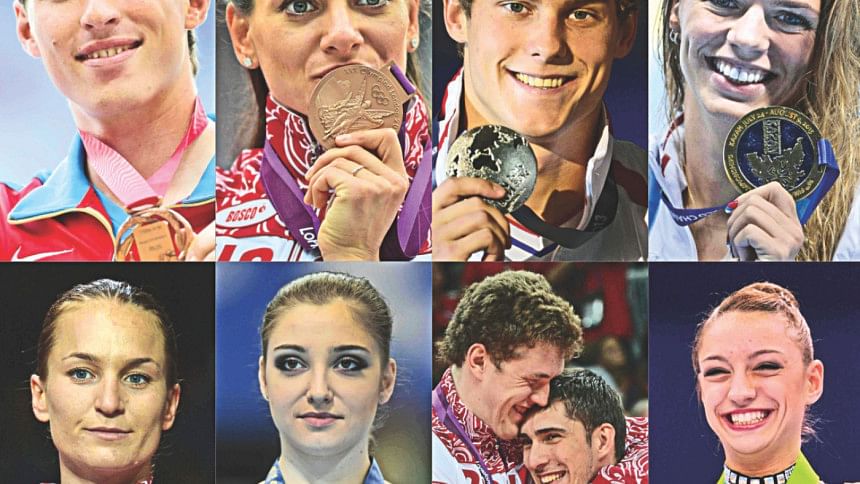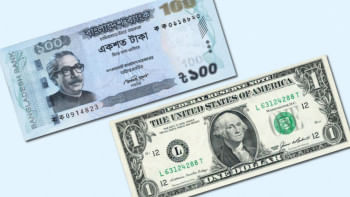IOC studies 'legal options' on banning Russia from Rio

The International Olympic Committee said Tuesday it will study "legal options" on banning Russia from the Rio Games and ordered disciplinary action against Russian officials implicated in a state-run doping system.
The IOC executive held emergency telephone talks after a World Anti-Doping Agency commissioned report said there had been state-sanctioned doping at the 2014 Sochi Winter Olympics and other major events.
The IOC "will explore the legal options with regard to a collective ban of all Russian athletes for the Olympic Games 2016 versus the right to individual justice," said a statement.
But the Olympic leadership said it will have to wait for a Court of Arbitration for Sports decision expected Thursday on the case of 68 Russian athletes appealing against an IAAF ban.
The IOC also said it would have to study the bombshell report by Canadian law professor Richard McLaren which detailed the Russian cheating, organised by the Sports Ministry and using the FSB intelligence service.
A final decision would also depend on the WADA code and the Olympic Charter, the IOC said, giving an indication of the legal battle ahead.
The executive ordered a re-analysis of all samples by Russian athletes taken at the 2014 Sochi Winter Olympics and action against the sports ministry.
The IOC said it had "started disciplinary actions related to the involvement of officials within the Russian Ministry of Sports and other persons mentioned in the report," said the statement.
The Olympic leadership also called for a halt to international events in Russia.
"Because of the detailed references to the manipulation of samples during the Olympic Winter Games Sochi 2014 the IOC asks all International Olympic Winter Sports Federations to freeze their preparations for major events in Russia," it said.
The IOC said this should include world championships, World Cups or other major international competitions and said winter federations should "actively look for alternative organisers."
WADA led calls in support of Russia's ban, a position backed by the German Olympic body (DOSB) as well as anti-doping institutions from Canada to New Zealand.
But others called for caution, pointing to the ethical issues of punishing aspiring Olympians who have never tested positive for drug use.
Bach raised those concerns himself over a ban previously imposed against Russia by international athletics governing body IAAF because of doping in the country's track and field programme.
The Olympics chief and some international federations have called for a way for Russian athletes proved to be clean to compete in Rio.
Reacting to the McLaren report, the Association of Summer Olympic Federations said it was "important to focus on the need for individual justice" while noting "the gravity and extent" of the alleged cheating.
In China, the state-owned Global Times newspaper took the view that "Banning Russia will tarnish Olympic spirit".
The Russian Olympic Committee (ROC) vowed to fight "protect the rights of clean athletes," while seeking to undermine the credibility of McLaren's key witness, the dismissed former boss of Russia's anti-doping lab Grigory Rodchenkov, who admits he was central to the cheating scheme.
The ROC insisted that collectively punishing all Russian competitors based on Rodchenkov's evidence left "the integrity of the Olympic Movement...endangered."
McLaren said his team uncovered forensic evidence that proved Rodchenkov's claims.
The Canadian lawyer said the coverup started in 2010 after Russia's "abysmal" results at the Vancouver Winter Olympics and continued until 2015 after the Sochi Games. It included the 2013 World Athletics Championships in Moscow and 2013 World University Games in Kazan.
At Sochi, the FSB helped Rodchenkov's staff destroy supposedly tamper-proof urine samples that would have seen a Russian athlete caught doping and swapping them for clean ones, according to the report.

 For all latest news, follow The Daily Star's Google News channel.
For all latest news, follow The Daily Star's Google News channel. 



Comments